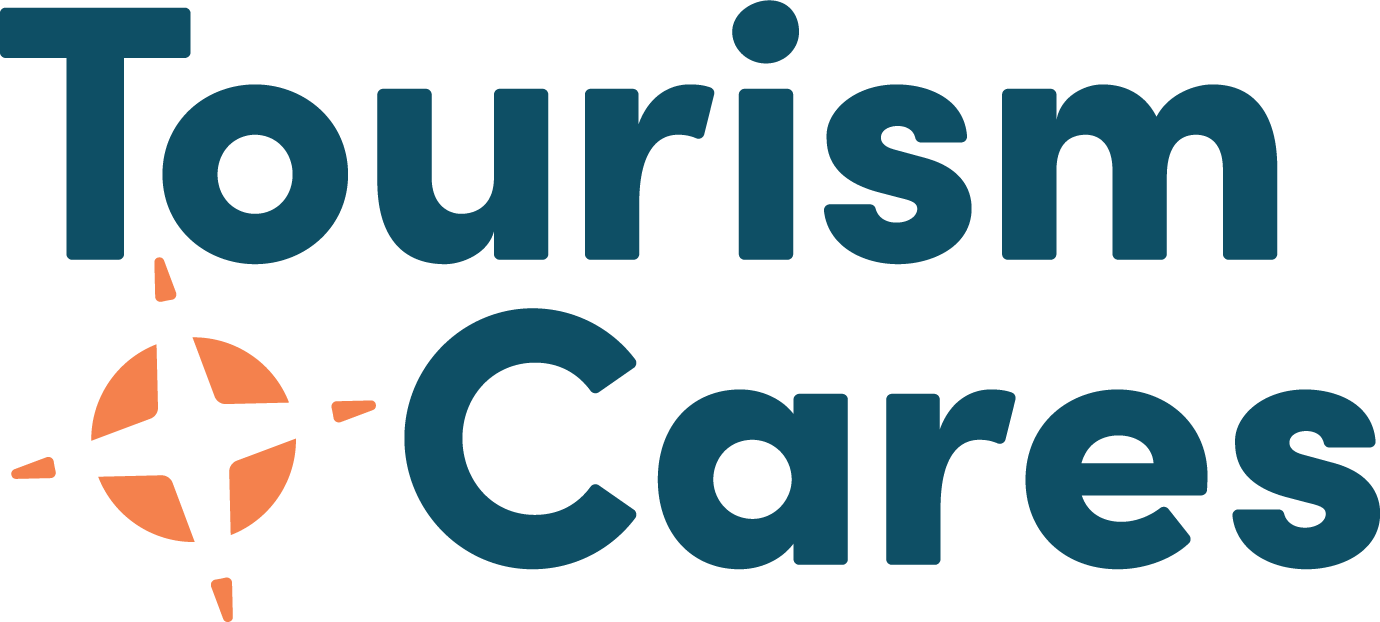
Your Guide to the Most Common Travel Terminology
Most tour operators try to make their brochures as attractive, informative and understandable as possible; however, in reading these brochures you will undoubtedly encounter some terminology that is unfamiliar to you.
To assist you, here’s a glossary covering some of the terminology most frequently used in travel brochures. Your travel advisor can give you further details on these and any other unfamiliar terms.
Accommodations
Single Room: A room with one bed for one person.
Twin Room: A room with two beds for two people.
Double Room: A room for two persons with a double bed.
Triple Room: A room for three persons, usually consisting of twin beds (or double bed) plus a roll-away cot.
Service Charges and Taxes: Service charges are a fixed percentage automatically added to room and meal charges. Taxes are set by the city, state or federal government.
Ocean Front: A room directly facing the ocean.
Ocean View: A room from which it is possible to secure a view of the ocean (usually located on the side of the hotel).
Air Transportation
Connecting Flight: A segment of an ongoing trip which requires a change of aircraft, but not necessarily a change of airline.
Direct Flight: A flight on which passengers do not have to change planes, but may involve one or more stops en route.
Non-stop Flight: Service between two points with no scheduled stop en route.
Add-on Fare: The cost of air travel from a domestic city to another domestic city from which the tour/vacation package originates and vice versa.
Baggage Allowance: The weight or volume of baggage that may be carried by a passenger without additional charge.
Car Rental
Drop-off Charge: Fee charged by a car rental company to defray the cost of returning the vehicle to its original location.
Value Added Tax (VAT): Tax imposed by governmental authority.
Conditions
Force Majeure: An event or effect that cannot be reasonably anticipated or controlled (such as storms or war).
Documents
Passport: An official government document certifying identity and citizenship and granting permission to travel abroad.
Visa: An official authorization appended to a passport permitting travel to and within a particular country.
Vouchers: Documents issued by tour operators to be exchanged for accommodations, sightseeing and other services.
Meals
Continental Breakfast: Usually consists of bread, rolls, butter, jam and tea or coffee.
AP (American Plan): Includes breakfast, lunch and dinner.
MAP (Modified American Plan): Includes breakfast and dinner.
Full Board (Full Pension): Includes breakfast, lunch and dinner.
Half Board (Demi-Pension): Includes breakfast, and either lunch or dinner.
Table d’hôte: Published restaurant or hotel dining room menu, usually consisting of appetizer, two or three choices of main course and dessert. After-meal tea or coffee and other beverages are not usually included.
A la Carte: Unrestricted selection from the menu.
Services
Tour Escort/Director/Manager: Professional engaged to oversee the technical details of the tour operation and to accompany the group from one place to another.
Local Host: Generally a representative of the tour operator who provides assistance, information and optional sightseeing and entertainment arrangements in a particular city.
Local Guide: Professional engaged to point out places of interest and conduct tours of specific locations and attractions.
Driver-Guide: Professional engaged to drive a vehicle and to point out places of interest.
Transfers: Arrival and departure service consisting of providing transport between the airport, city air terminal, rail station, or pier and hotel.
Porterage: Baggage handling service.
Prices
All-Inclusive Price: Includes land arrangements and round trip airfare and/or other transportation.
Land Price: The cost for the land arrangements only.
Single Room Supplement: Difference in price between half of a twin room and the actual price of a single room.
High-Season Supplement: Additional charge imposed during the busiest time of the year.
Double Occupancy Rate: The price per person based on two persons sharing a room.
Double Room Rate: The price per room shared by two
Insurance
Trip Cancellation Insurance: Purchased separately from either the tour operator or your travel agent, this provides a refund if you have to cancel your trip after completing payment. Refunds often vary according to the time frame in which you cancel.
Travel Insurance: Purchased from a private company or the tour operator, this provides coverage for emergencies abroad such as illness, baggage loss, accidental death/dismemberment. This policy often includes trip cancellation insurance.
Tour Protection (Consumer Protection Plan): A program designed to reimburse travelers if the tour operator goes bankrupt or becomes insolvent. A tour operator’s participation in these types of plans is voluntary and can involve posting bonds, using escrow accounts or other types of financial security.

